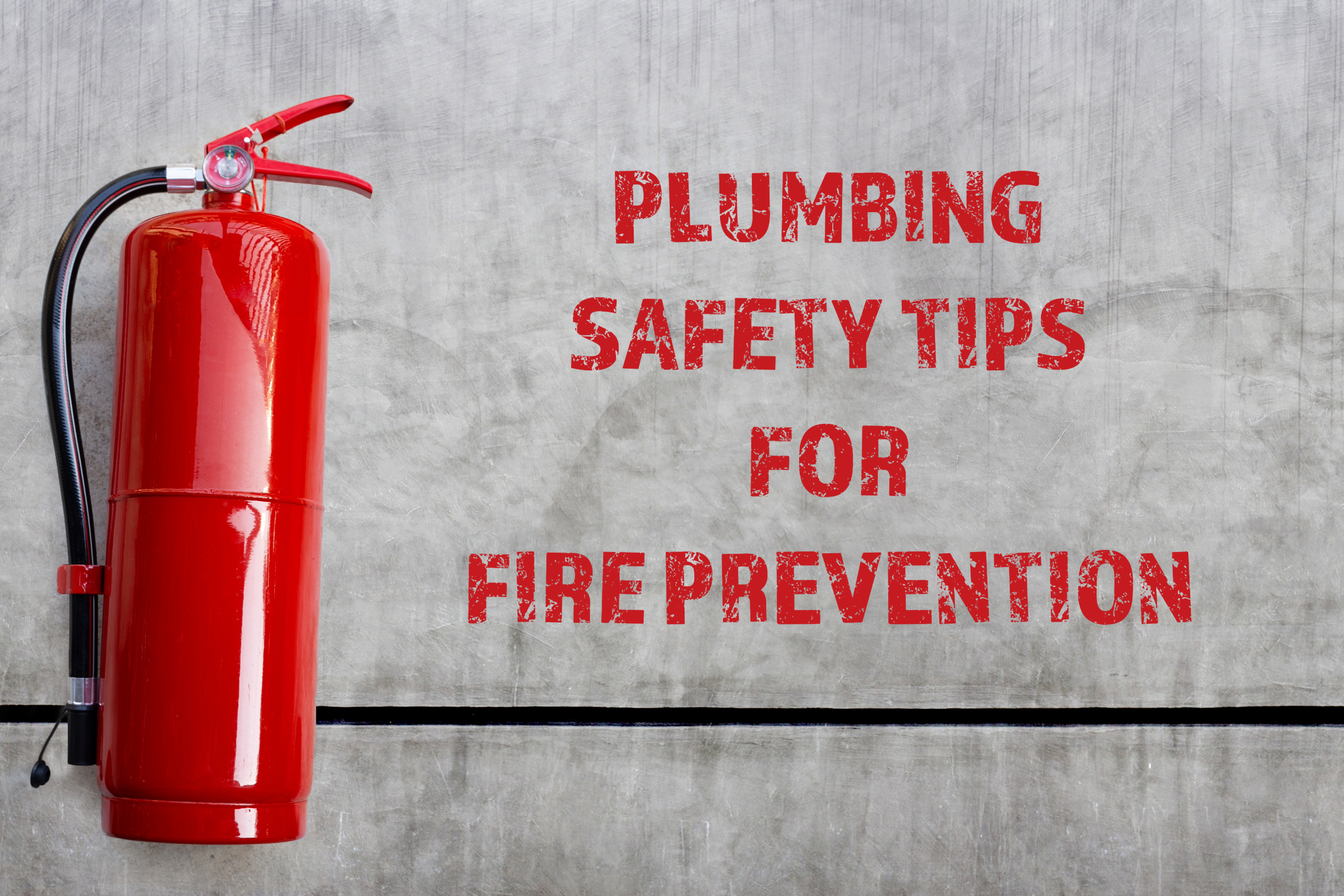Did you know that October is Fire Prevention Month? It all started with National Fire Prevention Week in 1922, commemorating the Great Chicago Fire of 1871. Now, it has expanded to cover the entire month. On average, around 358,500 house fires occur each year, with about 5,400 linked to water heaters. Now, don’t get us wrong, water heaters aren’t inherently dangerous. But as with all things in life, neglecting your water heater and not following proper practices can lead to significant problems if left unchecked. So, let’s stay safe and join your Upper Arlington Plumbing & Drain family as we guide you through essential water heater fire prevention measures.
Here Are the Differences Between Gas and Electric Water Heaters:
Before we get into safety tips, let’s take a look at the differences between gas and electric water heaters. While they use different energy sources, their operation and internal workings are pretty similar. So, let’s first focus on understanding their energy sources and how they work.
Gas Water Heaters: These appliances use natural or propane gas to heat water, which means gas leaks can potentially release flammable vapor. If a gas leak happens and the flammable vapor meets a flame, there’s a higher chance of an explosion. Luckily, most modern water heater models are sealed at the bottom, so the ignition flame is protected from flammable vapors. To play it safe, it’s a good idea to have a Carbon Monoxide & Explosive Gas Detector installed in your home, regardless of how old your water heater is. These hybrid alarms can detect carbon monoxide and natural gases like methane and propane.
Electric Water Heaters: On the other hand, electric water heaters depend on electricity, so it’s important to be vigilant for any signs of overheating or electrical fires. (Check out this blog for more information on this particular topic!) There are a few factors that can cause water heaters to overheat, but if the temperature goes above 140ºF, try lowering it. If the problem persists, it’s best to seek professional help. Generally, water heaters should be set between 120ºF and 140ºF.
Here Are Some Safety Tips to Prevent Fires Related to Water Heaters:
- Keep Flammable Materials Away: Make sure you keep anything flammable far away from your water heater and the area around it. Since many water heaters are in garages, it’s common to have things like paint cans, gasoline containers, oily rags, cleaning products, cardboard boxes, stacks of paper, wood furniture, and plastic bottles nearby. Also, be careful if you store items like lawnmowers that need gasoline in the garage because it can be a fire hazard. Stay safe!
- Know How to Shut Off the Water Heater: Make sure you know how to turn off your water heater, just in case. You never know when you might need it in an emergency. So, having that knowledge beforehand can be really helpful.
- Clear the Area: Make sure you give your water heater enough space to breathe! Keep the area around it clutter-free to ensure proper airflow. Don’t stack things around or in front of it, as it can block airflow and become another fire hazard. Schedule an Annual Plumbing Inspection: Make sure to schedule an annual plumbing inspection with a professional plumber yearly. They’ll check all the important stuff like pipes, drains, sinks, toilets, showers, water heaters, and other plumbing appliances. This proactive approach keeps your plumbing system in good shape, catches any potential issues early on, and prevents them from turning into big problems down the road.
Keeping your water heater safe and well-maintained is super important to us. We always prioritize the safety of you and your family! Give us a call to learn more about our Whole Home Protection Plan. We’ve got you covered when it comes to keeping your home and HVAC system in tip-top shape!
Stay safe and call Upper Arlington Plumbing & Drain for all your plumbing needs today at (614) 363-1924, or schedule an appointment by clicking here!




